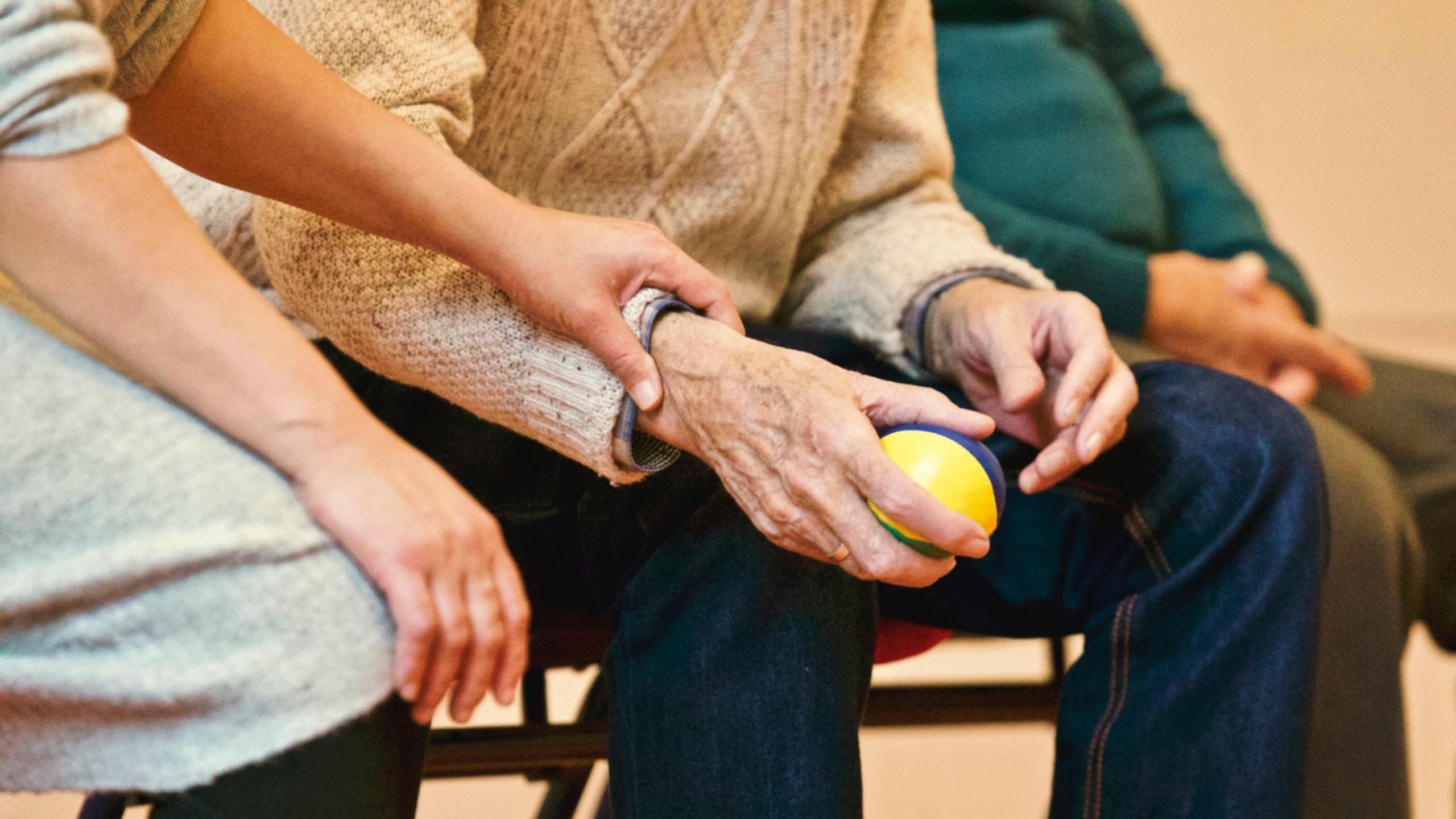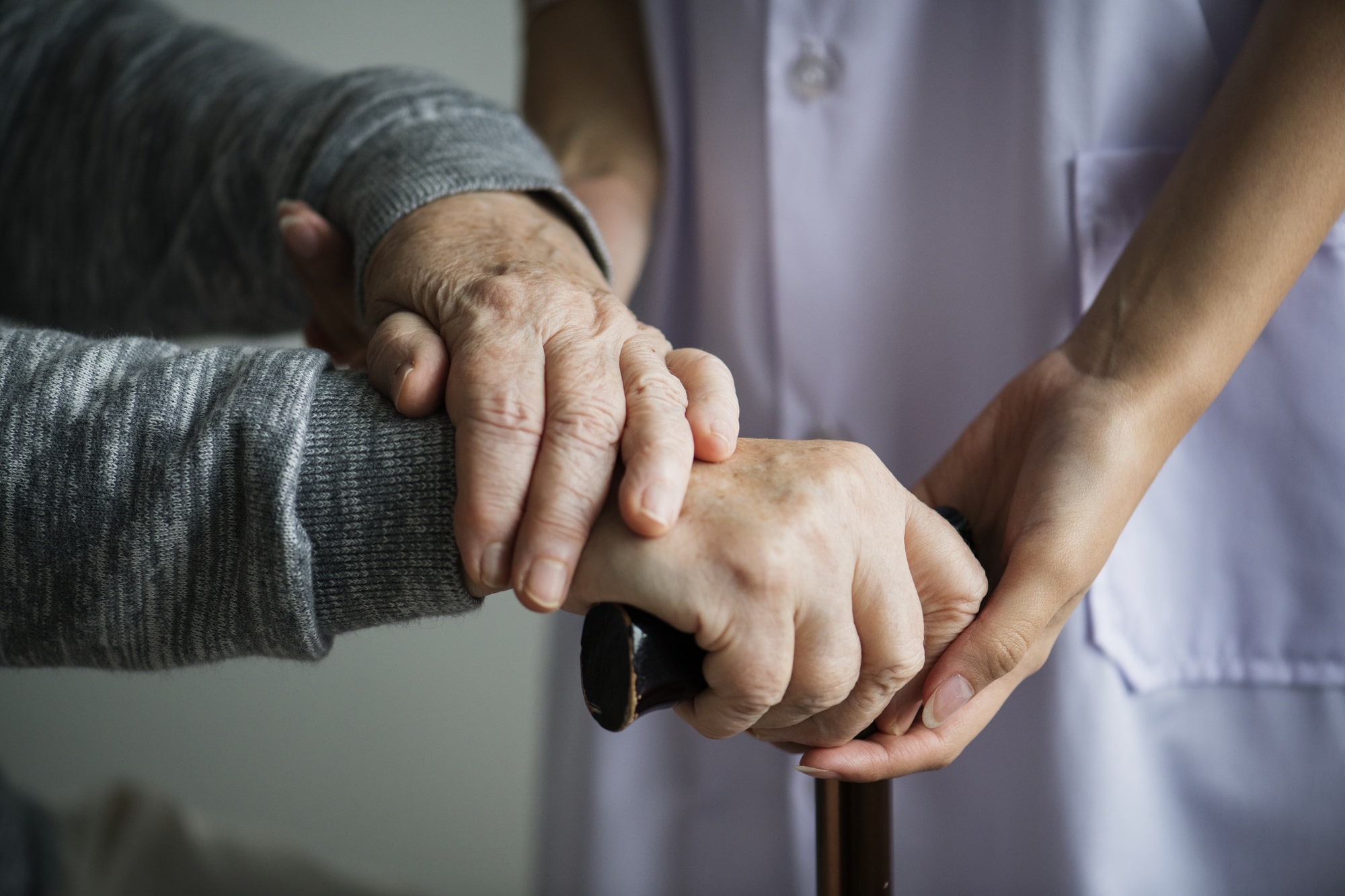- (248)952-8187
- info@findcarez.com
- 8519 PERRY RD.,# 233 ATLAS, MI 48411
What Does a Caregiver Do?

What Does a Caregiver Do?
Introduction
Caregivers play an absolutely essential role in society. Whether you
realize it or not, the work they do is often invisible, yet it impacts many
people’s lives every single day. From ensuring that loved ones stay healthy to
simply offering a comforting presence, caregivers make a difference in ways
that are often hard to describe but incredibly important. But what exactly does
a caregiver do?
A caregiver is someone who assists another person with their daily
activities, often due to illness, aging, or disability. These activities can
range from providing personal care to offering emotional support, and sometimes
both. This article will break down the various roles and responsibilities of
caregivers, helping you understand the scope of their work, the challenges they
face, and why they are so crucial to the well-being of many individuals.
Types of Caregivers
Not all caregivers are the same, and they can vary based on the needs of
the person receiving care. Here’s a breakdown of the different types of
caregivers:
- Family
Caregivers
Family caregivers are often unpaid and are usually taking care of a loved one—like a parent, spouse, or relative. Their duties can range from helping with medication to offering companionship. It’s a full-time commitment for many and, while rewarding, it’s also emotionally and physically demanding.
- Professional
Caregivers
These caregivers are employed in roles like nurses, home health aides, or certified nursing assistants (CNAs). They often work with individuals who need more medical care or assistance than a family member can provide. Their responsibilities can include administering treatments, managing medications, and providing general care.
- Specialized
Caregivers
Some caregivers specialize in specific conditions, such as dementia, Alzheimer’s disease, or mobility impairments. These caregivers have specialized training and knowledge of how to manage complex health conditions, ensuring the person under their care gets the best support possible.
- Volunteer
Caregivers
These caregivers offer their time and services without any form of compensation. Many volunteer caregivers are part of support organizations or local programs aimed at helping people who need extra assistance but may not be able to afford professional care.
Primary Responsibilities of a Caregiver
So, what exactly does a caregiver do on a day-to-day basis? Here are some
of the core responsibilities that many caregivers take on:
- Personal Care
Assistance
This involves helping the person with basic daily tasks such as bathing, dressing, grooming, and toileting. These are some of the most intimate tasks a caregiver performs, ensuring that their loved one feels dignified and clean.
- Mobility
Assistance
For those who struggle with walking or moving around, caregivers step in to help. This could mean assisting someone from bed to chair, helping them walk short distances, or ensuring they remain safe from falls and injuries.
- Meal
Preparation and Feeding
Caregivers often prepare and serve meals for those who might have trouble cooking themselves. This responsibility can also involve feeding the person, especially if they struggle with swallowing or have dietary restrictions.
- Medication
Management
Many individuals rely on their caregivers to keep track of their medications. This includes ensuring they take the right medication at the right time, refilling prescriptions, and sometimes administering the medication themselves.
- Companionship
and Emotional Support
One of the most important roles a caregiver plays is offering emotional support. Loneliness can be a real issue for people who are ill or elderly, so caregivers offer a friendly face and a listening ear. This connection helps reduce feelings of isolation and boosts the emotional health of the person in their care.
Health-Related Tasks
Caregivers often have to take on a range of health-related tasks that
help keep the individual in their care as healthy as possible:
- Monitoring
Health Status
Caregivers track any changes in the person’s health and report these to doctors or healthcare professionals. Whether it’s noting changes in behavior, appetite, or mobility, caregivers are often the first to notice these shifts.
- Assisting with
Physical Therapy
For those recovering from surgery or managing chronic illness, caregivers might assist with physical therapy exercises. This could include helping with stretches or ensuring that exercises are done safely and consistently.
- Managing
Appointments and Transportation
Caregivers often manage medical appointments, ensuring the person in their care sees their doctor on time. They may also drive them to appointments, help with transportation arrangements, and ensure that necessary follow-up care is received.
- Communicating
with Healthcare Professionals
A caregiver often serves as a liaison between the person they’re caring for and healthcare providers, ensuring that any concerns or questions are addressed in a timely manner.
Household Management
Caregiving isn’t just about physical and emotional support—it’s also
about making sure that the person’s environment is safe and comfortable. Here
are some household-related tasks caregivers handle:
- Cleaning and
Laundry
Ensuring the home is tidy and safe is a big part of caregiving. This might include light housekeeping, doing laundry, and making sure the environment is clean and clutter-free.
- Organizing
Household Tasks
In addition to physical tasks, caregivers often take care of scheduling home repairs, managing bills, and even going grocery shopping for the person they care for.
- Ensuring Safety
at Home
For individuals with mobility or cognitive impairments, caregivers may need to make adjustments around the house—such as installing grab bars in the bathroom, ensuring there are no tripping hazards, or setting up home monitoring systems for added safety.
Challenges Faced by Caregivers
While caregiving is incredibly rewarding, it comes with a number of
challenges:
- Physical and
Emotional Stress
Caregiving can be physically exhausting, especially if the person requires a lot of assistance. The emotional toll can be just as demanding, as caregivers often deal with feelings of frustration, helplessness, or even burnout.
- Time Management
Many caregivers struggle to balance their caregiving duties with other aspects of their lives—like work, social obligations, or taking care of their own families. Time management becomes a constant juggling act.
- Financial
Strain
Family caregivers, in particular, may experience financial strain. If caregiving requires taking time off work or covering medical expenses, the financial burden can be overwhelming.
- Need for
Support and Resources
Many caregivers feel overwhelmed and underprepared for their roles. Support networks, educational resources, and respite care are essential in helping caregivers manage their responsibilities without compromising their well-being.
Skills and Qualities of a Good Caregiver
Being a good caregiver requires more than just the ability to perform
physical tasks. Here are some qualities that make someone a great caregiver:
- Patience,
Empathy, and Compassion
A good caregiver must be patient and compassionate, as they’re often working with individuals who may feel frustrated, scared, or confused.
- Strong
Communication Skills
Caregivers need to communicate effectively with the person they’re caring for, as well as with healthcare professionals, family members, and other caregivers.
- Problem-Solving
Skills
The ability to think quickly and address problems as they arise is essential. Whether it’s finding a solution to a mobility challenge or figuring out how to manage medications, caregivers need to be resourceful.
- Training and
Certifications
While not all caregivers are required to be formally trained, many benefit from certifications in areas like CPR, first aid, and caregiving techniques. This training helps caregivers feel more prepared and capable in their roles.
The Importance of Caregivers
Caregivers are absolutely essential, not only for the individuals they
assist but also for society as a whole. Here's why:
- Impact on the
Individual Receiving Care
Caregivers help improve the quality of life for those they assist, enabling them to live more independently and with dignity. This support often leads to better health outcomes and increased emotional well-being.
- Contribution to
Healthcare
Caregivers help reduce the strain on healthcare systems by allowing individuals to remain at home or in familiar settings rather than being hospitalized or institutionalized.
- Why Caregivers
Matter
Whether professional or family caregivers, they are the backbone of healthcare systems, contributing greatly to the health, safety, and comfort of individuals who need assistance.
Support for Caregivers
Given the challenges caregivers face, it's vital that they have access to
the support they need:
- Respite Care
Respite care provides caregivers with temporary relief, giving them a break to recharge while someone else takes over their duties for a while.
- Financial
Support
Some caregivers may qualify for financial assistance through programs or government resources, helping to ease the burden of caregiving.
- Emotional and
Mental Health Support
Caregivers need access to counseling or support groups where they can share their experiences and cope with the stresses of caregiving.
- Training and
Education
Many caregivers benefit from ongoing training that helps them manage their responsibilities more effectively and feel more confident in their roles.
Conclusion
Caregiving is a multifaceted and often underappreciated role. Whether
you’re a family member or a professional, caregivers provide an invaluable
service to individuals and families alike. They are the quiet heroes who ensure
that people can live with dignity, comfort, and support.
It's important for all of us to recognize and appreciate the work
caregivers do every day. They truly deserve our gratitude and our support. So,
next time you meet a caregiver, take a moment to thank them for their hard work
and dedication. And remember, supporting caregivers isn’t just a nice thing to
do—it’s essential for the well-being of so many people who rely on their care.



